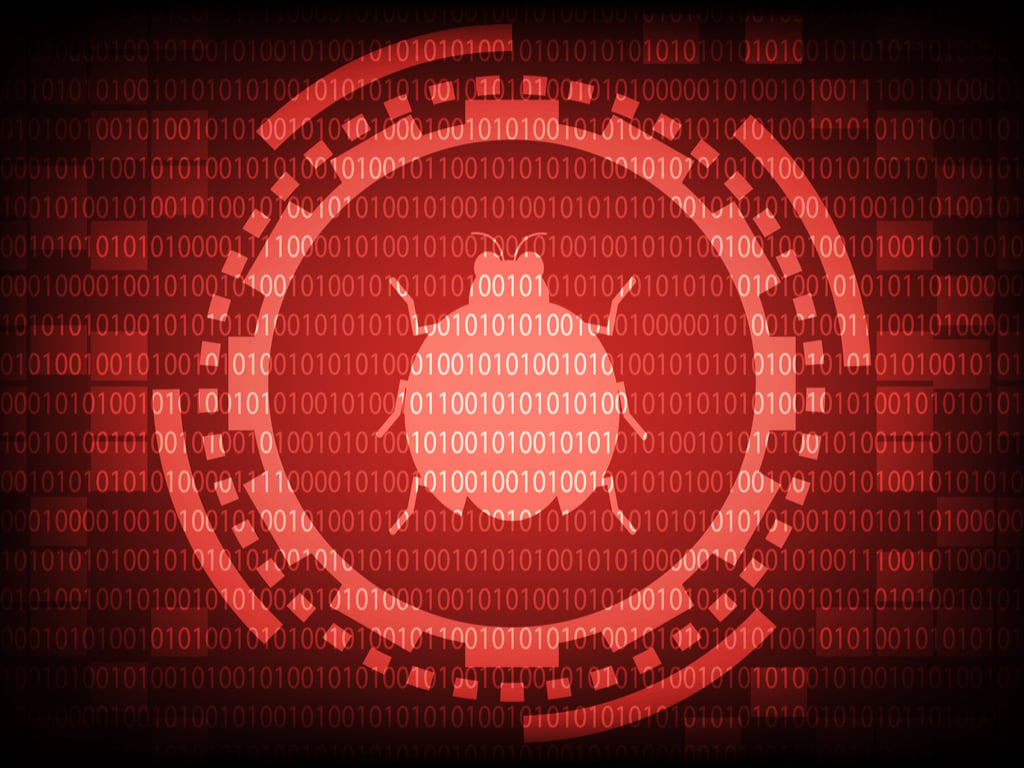Facebook announced a new cyber attack on its network and the Facebook user accounts of at least 50 million people—and possibly up to 90 million.
The company has now logged those users out and will force them to login again to re-establish a secure digital "token" between the device a user is using and that person's Facebook account.
Rick Moy, Chief Marketing Officer at security firm Acalvio, says: "I believe that Facebook took the right steps by quickly turning off the feature. It’s a good precaution to login and change your passwords frequently, which will reset your token, and invalidate a stolen one.”
Facebook statement on September 2018 hacking security incident
Here is the Facebook Cyber Attack Statement issued minutes ago by Guy Rosen, Facebook's VP of Product Management:
On the afternoon of Tuesday, September 25, our engineering team discovered a security issue affecting almost 50 million accounts. We’re taking this incredibly seriously and wanted to let everyone know what’s happened and the immediate action we’ve taken to protect people’s security.
Our investigation is still in its early stages. But it’s clear that attackers exploited a vulnerability in Facebook’s code that impacted “View As”, a feature that lets people see what their own profile looks like to someone else. This allowed them to steal Facebook access tokens which they could then use to take over people’s accounts. Access tokens are the equivalent of digital keys that keep people logged in to Facebook so they don’t need to re-enter their password every time they use the app.
Here is the action we have already taken. First, we’ve fixed the vulnerability and informed law enforcement.
Second, we have reset the access tokens of the almost 50 million accounts we know were affected to protect their security. We’re also taking the precautionary step of resetting access tokens for another 40 million accounts that have been subject to a “View As” look-up in the last year. As a result, around 90 million people will now have to log back in to Facebook, or any of their apps that use Facebook Login. After they have logged back in, people will get a notification at the top of their News Feed explaining what happened.
Third, we’re temporarily turning off the “View As” feature while we conduct a thorough security review.
This attack exploited the complex interaction of multiple issues in our code. It stemmed from a change we made to our video uploading feature in July 2017, which impacted “View As.” The attackers not only needed to find this vulnerability and use it to get an access token, they then had to pivot from that account to others to steal more tokens.
Since we’ve only just started our investigation, we have yet to determine whether these accounts were misused or any information accessed. We also don’t know who’s behind these attacks or where they’re based. We’re working hard to better understand these details — and we will update this post when we have more information, or if the facts change. In addition, if we find more affected accounts, we will immediately reset their access tokens.
People’s privacy and security is incredibly important, and we’re sorry this happened. It’s why we’ve taken immediate action to secure these accounts and let users know what happened. There’s no need for anyone to change their passwords. But people who are having trouble logging back into Facebook — for example because they’ve forgotten their password — should visit our Help Center. And if anyone wants to take the precautionary action of logging out of Facebook, they should visit the “Security and Login” section in settings. It lists the places people are logged into Facebook with a one-click option to log out of them all."
Key facts in the Facebook cyber attack
In case you didn't make it through all of his post, the bottom line is this:
- Hackers accessed a vulnerability in the "View As" script/coding.
- Hackers stole access tokens (like digital keys) that could allow them to take over user accounts.
- The hackers had to go from account to account, taking the access token from each one.
- The vulnerability is fixed, but the investigation into the who, how, and why of this Facebook cyber attack is just beginning.




